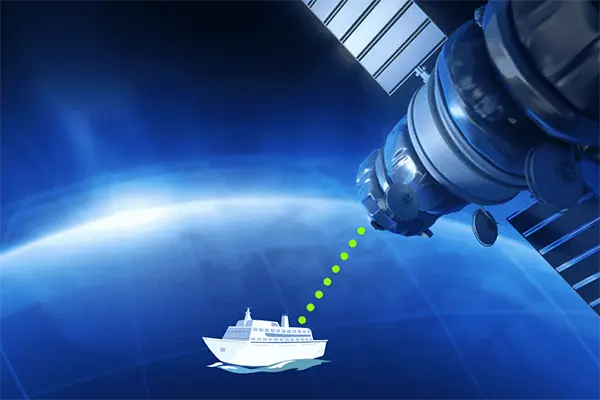

Automatic Identification System (AIS) in Artisanal Boats under Department of Fisheries
Project Features
Advanced Vessel Tracking and Monitoring: procurement, installation, and commissioning of cutting-edge Class B AIS Trackers, equipped with AIS Transponders, on designated vessels.
Advanced Vessel Tracking and Monitoring: procurement, installation, and commissioning of cutting-edge Class B AIS Trackers, equipped with AIS Transponders
Project Description
The “Supply, Installation & Commissioning of Class B AIS Tracker and multiple Shore Stations (AIS Class B Transponder) under Sustainable Coastal and Marine Fisheries Project, Department of Fisheries, Bangladesh” entails a comprehensive initiative aimed at enhancing maritime monitoring, surveillance, and resource management within Bangladesh’s coastal and marine domains.
Supply and Installation: The project involves procuring state-of-the-art Class B Automatic Identification System (AIS) Trackers, specialized devices used for tracking vessels and enhancing maritime situational awareness. These trackers are equipped with Class B AIS Transponders, which enable vessels to broadcast their identity, position, speed, and other relevant information. The supply and installation phase encompasses the deployment of these advanced tracking systems on a designated set of vessels.
Commissioning: Following installation, a meticulous commissioning process takes place. This involves rigorous testing, calibration, and optimization to ensure that the AIS Trackers and associated transponders are functioning accurately and reliably. The commissioning phase aims to establish seamless communication and data transmission between the deployed trackers and the designated shore stations.
Shore Stations: Multiple Shore Stations are strategically established along Bangladesh’s coastal areas. These stations are equipped with AIS Class B Transponders, forming a network that receives, processes, and disseminates vessel information captured by the onboard AIS Trackers. The data collected from vessels within the maritime domain is related to these shore stations, enabling real-time monitoring and surveillance of vessel movements, positions, and activities.
Sustainable Coastal and Marine Fisheries Project:** The project operates under the auspices of the Department of Fisheries, Bangladesh. It aligns with the overarching goal of promoting sustainable practices in coastal and marine fisheries management. By employing advanced tracking technology and establishing a robust network of shore stations, the initiative aims to contribute to the preservation of marine ecosystems, conservation of fisheries resources, and prevention of illegal fishing activities.
Objectives: The primary objectives of this endeavor are twofold: First, to strengthen the ability of authorities to monitor and manage vessel traffic, thereby enhancing maritime security, safety, and situational awareness. Second, to support the sustainable utilization of fisheries resources by ensuring compliance with regulations and responsible fishing practices, ultimately fostering the long-term viability of Bangladesh’s coastal and marine environments.
In summary, the “Supply, Installation & Commissioning of Class B AIS Tracker and multiple Shore Stations (AIS Class B Transponder) under Sustainable Coastal and Marine Fisheries Project, Department of Fisheries, Bangladesh” represents a technologically advanced initiative that combines vessel tracking, shore station deployment, and sustainable fisheries management to safeguard the ecological integrity and economic viability of Bangladesh’s coastal and marine regions.